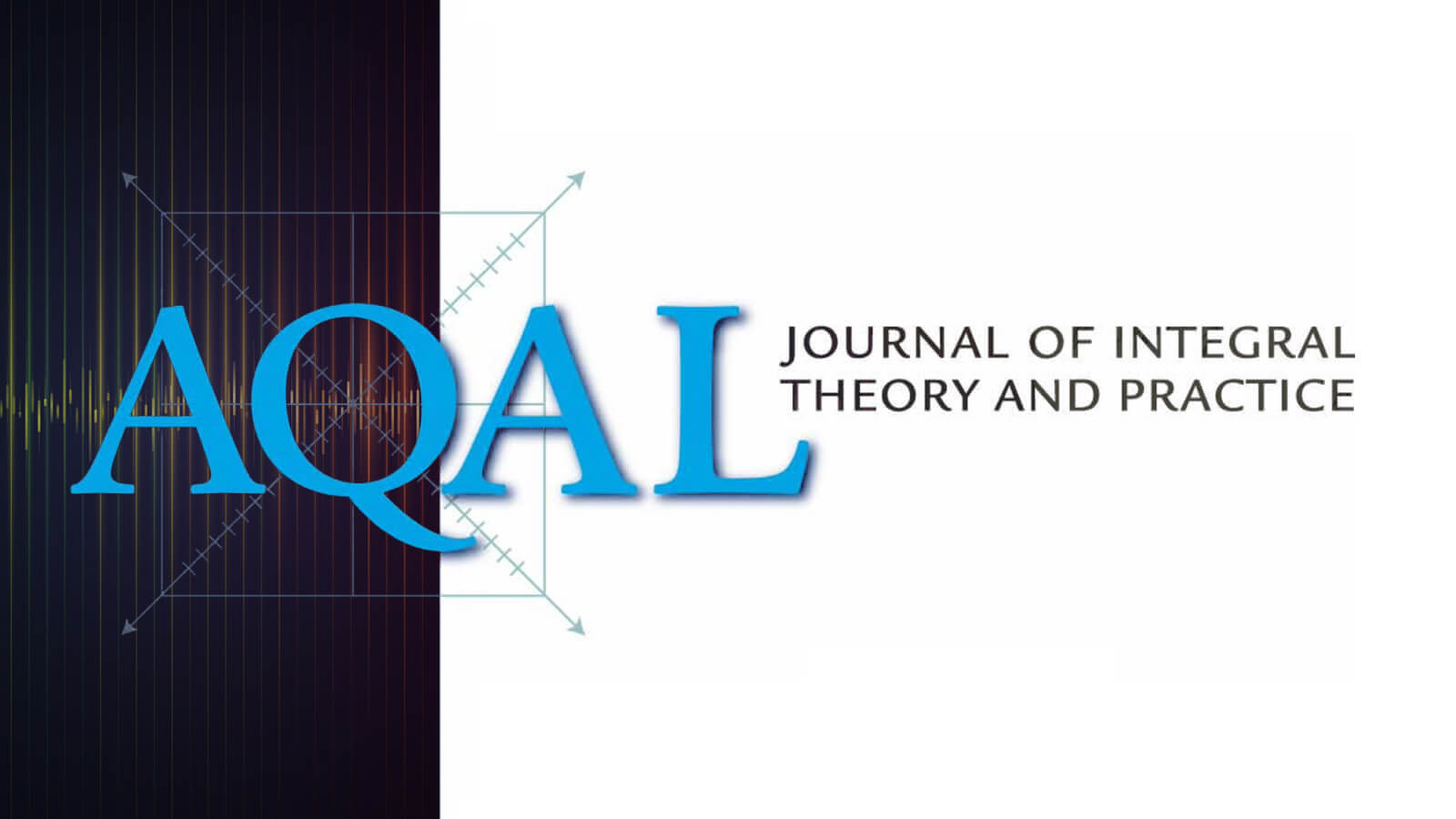This article investigates music’s ability to facilitate flow states of consciousness as peak experiences. The research first uses two first-person methods, phenomenology and structuralism. The phenomenological inquiry explores my experience as an audience member at live music performances, and the structural section assesses my relative strengths and weaknesses related to musical capacity and my kinesthetic, interpersonal, and emotional awareness. The results of two second-person methods, hermeneutics and ethnomethodology, are then detailed. The hermeneutics section details an interview of a musician while the ethnomethodological section explores a participant-observer experience of a college guitar class. The final research section uses two third-person methods, empiricism and systems analysis. The empirical section utilizes a survey, while the systems analysis section investigates factors that contributed to the phenomenological research method. Results focus on tracking a conceptual understanding of the terms flow state and peak experience.
Introduction
The music starts and a shiver of exhilaration rushes from my head to my toes. With the first note, my consciousness initiates a continuous shifting in response to the aural stimulation. The vibrations of sound through the air, the energies in the audience swaying to the rhythm, and the pure expressions of emotion and inspiration the musicians weave throughout their songs take me on a boundless journey. Curiously, I inquire, what causes this experience to occur?
Flow states and peak experiences are not entirely limited to any particular activity. One perspective on flow states indicates they are the result of an individual’s capacity for maintaining balance between the perceived challenges of a situation and that individual’s skill at addressing those challenges. Too much challenge for an individual’s skills typically results in anxiety, while too little challenge for those same skills typically results in boredom (Csikszentmihalyi, 1990). A flow state, then, occurs as a result of directing skilled activities toward accomplishment of a goal while maintaining a balance between the continuums of skill and challenge, boredom and anxiety. An individual might describe the experience as total immersion in an activity, absolute focus, loss of external distractions, loss of a sense of time, and loss of self-consciousness (Seligman, 2004). Flow states allow the individual a psychological momentum toward achieving and accomplishing goals that are just within an appropriate reach.
A peak experience is neither synonymous with nor in any way a necessary dimension of flow state experiences. Some standard characteristics of peak experiences are an emotional “rush” or “charge,” ego transcendence, and revelations of new awareness sometimes associated with religious rites. A peak experience might come on very quickly, and only occur for a brief instant. Other times, however, peak experiences extend beyond the initial rush and conclude with a plateau phase that might last for minutes, days, or weeks (Maslow, 1994). David Hartman and Diane Zimberoff (2008) summarize the moments of Maslow’s conceptions of peak experience such as fascination, giving up the past and future, innocence, lessened defenses and inhibitions, strength and courage, and acceptance. Peak experiences are of significance, particularly to what Maslow (1994) calls a “self-actualizing individual,” as the experiences lessen the self-importance of their own self-actualization, and increase their sense of responsibility toward service and contribution in the world.
In pursuit of increasing the knowledge regarding music’s psychoactive elements, I use an Integral Research methodology for exploring live music, flow states of consciousness, and peak experiences (Esbjörn-Hargens, 2006). Integral Research combines first-, second-, and third-person methods as a means to explore subjects from multiple perspectives, converging data from mixed methods. The first-person methods, phenomenology and structuralism, act as a means for reporting personal subjective experiences and structures of awareness related to the topic. The second-person methods, hermeneutics and ethnomethodology, act as an invitation for me to become part of the culture surrounding the research topic. The third-person methods, empiricism and systems analysis, situate the research topic within objective and social systems. The importance of a mixed methods approach is to explore how a phenomenon can be interpreted from one or more different perspectives while grounding each perspective with appropriately documented data (Creswell & Clark, 2007). An Integral Methodological Pluralism approach is unique because it simultaneously integrates each research method, and illustrates how they fit amongst one another (Wilber, 2006). Although I chose primarily experimental research methods for this investigation, more orthodox methods for research in music education and therapy are outlined in Wheeler (2005) and Colwell and Richardson (2002).
Please log in to your Partner level membership account to read the rest of this Journal article.
Become a member today to access this Journal article and support the global emergence of Integral consciousness
Membership benefits include:
Premium Content
Receive full access to weekly conversations hosted by leading thinkers

Journal Library
Receive full access to the growing Journal of Integral Theory & Practice library

Live Experiences
Stay connected by participating in Integral Life live events and discussions
Courses & Products
Get unlimited 20% discount off all products and courses from our friends and partners

Free Bonus Gifts
Download The Integral Vision eBook by Ken Wilber (worth $19 on Amazon) & The Ken Wilber Biography Series

Support of the movement
Support our mission of educating and spreading integral consciousness that is more critical than at any time in its history
About Matthew Collins
MATTHEW COLLINS, M.A., recently graduated from John F. Kennedy University with a master’s in Integral Psychol- ogy. He wrote his thesis on the topic of the uses of musical practice for personal growth within an Integral Life Practice. Matt also possesses a B.S. in Psychology and a B.A. in Philosophy from Virginia Tech. He currently works with adults with severe, persistent mental illnesses at Rubicon Programs in Richmond, CA, where he conducts weekly music groups. In the future, he hopes to apply his understanding of the AQAL model to organizational development and wellness.

